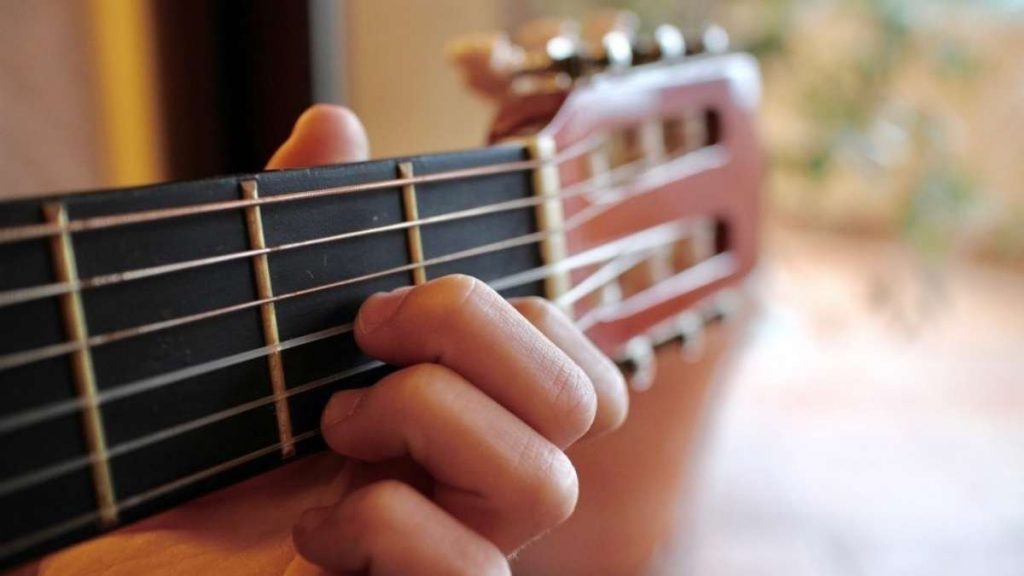One of the most challenging aspects of learning the guitar for beginners is getting their fingers to go where they want to go. This is particularly true while attempting to play chords. What could be more complex than a smooth action of four fingers traveling to various frets in different directions? Even skilled musicians sometimes struggle with increasingly tricky chord changes. This article will go over the essential things to keep in mind to perfect your rhythm playing!
1. Develop a Strategy
It is critical to develop a practice plan when you are just beginning to study chords. It would help if you were honest with yourself about how much time you can spend each day to practice and set reasonable objectives for yourself. You may aim to master three, five, or even just one chord every week.
2. Have a lot of Resources
It is critical to have trustworthy sources while learning anything—request suggestions from a friend or, better yet, a guitar instructor. Most beginning guitar technique books have a basic chord library in the back to help you get started. Once you’ve mastered the fundamental chords, you’ll want to invest in a more sophisticated resource, such as a chord dictionary, where you can discover just about every chord you can think of!
3. Learn to read Chord Charts
Chord diagrams, such as Nat King Cole Christmas chords, are graphic representations of a section of the guitar neck on which all of the information required to learn a chord may be printed. These are the most frequent and helpful methods for fast notating chords to link them to the guitar immediately, and they are absolutely essential!
4. Begin with open Chords.
All prospective guitarists should be familiar with open chords. These are the chords for which one or more strings are left unplayed. Because we don’t have to press down all of the keys in the chord, we may achieve a more precise sound with open chords than those with no open notes.
5. Do not ignore the difficult Chords
Some chords are more challenging to play than others. A correct F Major necessitates a barre chord on the very first fret, which is a significant hardship for inexperienced players. The problem is that an F Major chord is crucial for many easy tunes, and unless you’re using a capo to avoid it, you’ll have to learn it. The same is true for a barre chord in B Minor. Don’t avoid complex chords simply because they’re difficult to learn.
6. Look Away
Experienced players simply need to peek at the fretboard every now and then to ensure they’re in the proper location. It’s a talent you’ll learn with time, but it’s a good idea to start working on it early. As you practice, get into the habit of looking aside so that you can feel how to discover and play the chord correctly.
7. Use songs to Practice.
Make a list of songs that fascinate you and drive you to learn them. Finding the songs you enjoy that include chords you haven’t mastered yet is a terrific approach to remain on track and keep moving ahead!
Final Thought
Repetition is the key to learning guitar chords. Try to play your new chords a couple of times every day or every time you pick up your guitar. Best wishes!
Laila Azzahra is a professional writer and blogger that loves to write about technology, business, entertainment, science, and health.
